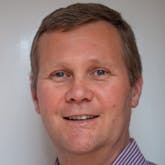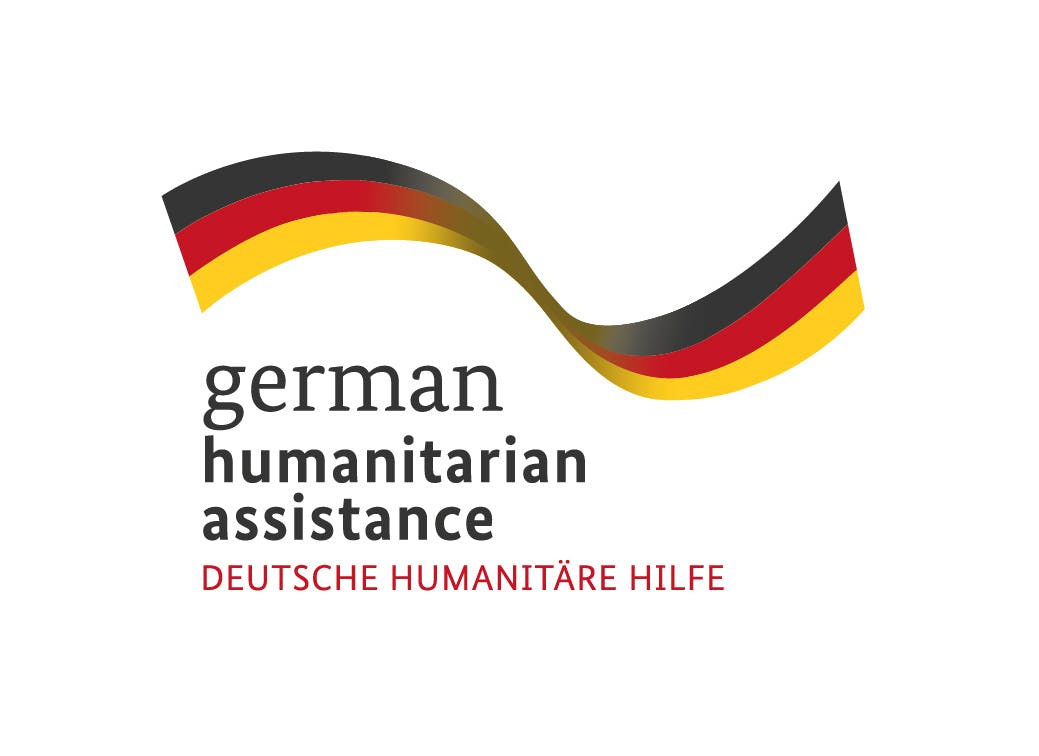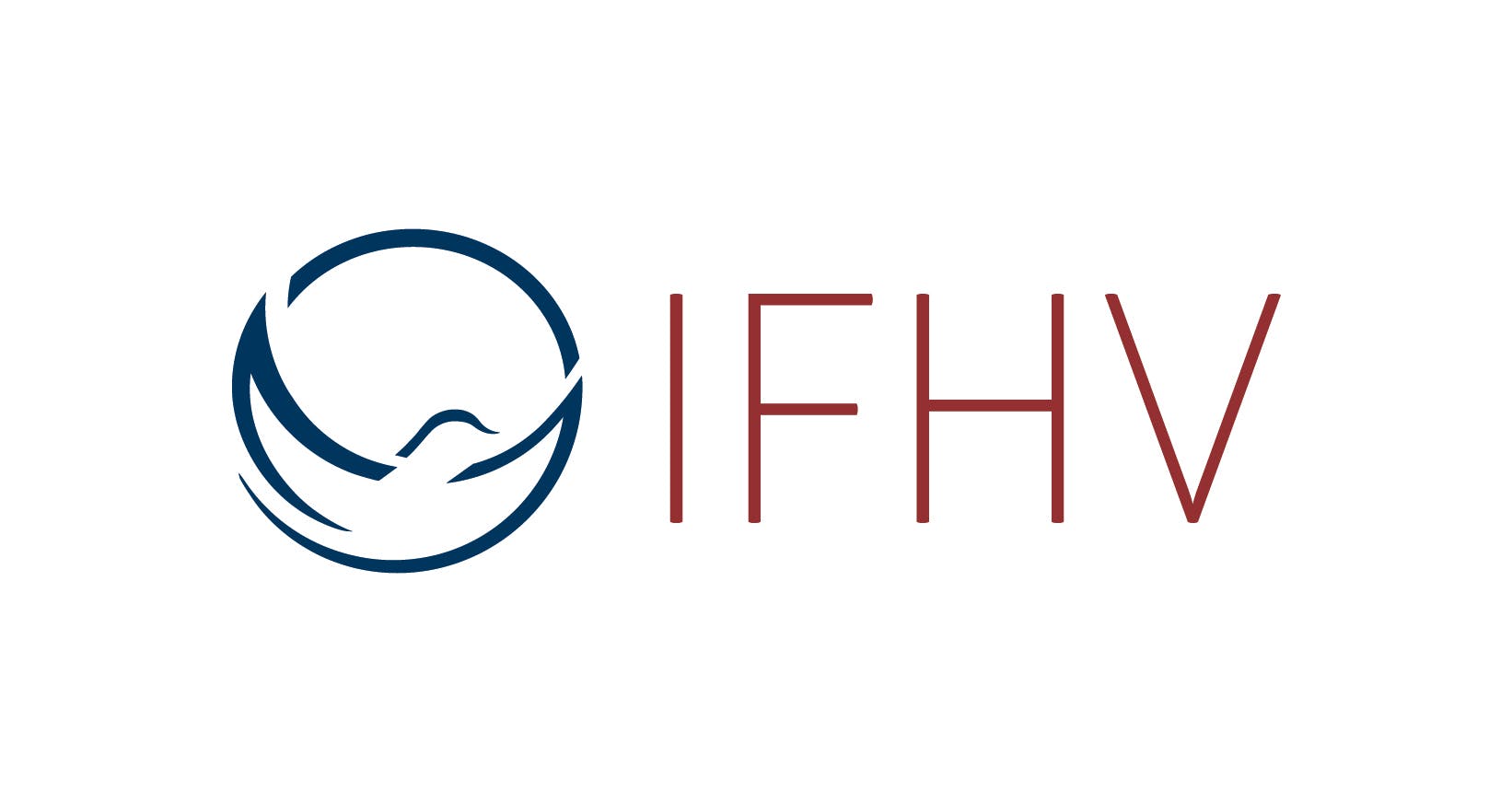Carbon-Footprinting for a Green Humanitarian Response
Fully booked
Understanding the carbon footprint of a humanitarian organization is a necessary step toward climate neutrality and environmental sustainability. Many humanitarian organizations are already considering climate change impacts on their operations, which is an essential step towards climate neutrality. As individuals, communities, and organizations, we have a responsibility to protect the environment and reduce our carbon footprint. In order to achieve this, it is crucial to understand the sources of greenhouse gas emissions and take practical steps to reduce them. However, it is also important to remember that we must balance our investment in reducing carbon emissions with other humanitarian and environmental priorities.
This course is designed to provide yout with the necessary tools and knowledge to promote environmental sustainability in your organizations. Through interactive lectures, practical activities, and group work, you will learn about the key sources of greenhouse gas emissions in typical humanitarian responses. Additionally, you will gain hands-on experience using standard tools for estimating and tracking emissions, as well as learn practical steps to reduce them.
To achieve carbon neutrality, it is vital to prioritize environmental initiatives and strive for a balance between carbon neutrality goals and other environmental benefits. By taking this course, you will be able to lay the groundwork for environmentally-friendly humanitarian responses and support the development of green organizational practices. Join this workshop and acquire the skills necessary to make a positive impact on our planet and promote climate-neutrality transformation in your own organization.
Using real-world examples and scenarios, the course will explore the steps needed to achieve climate-neutrality in the present-day operational realities in humanitarian settings. You will learn from case studies in which humanitarian organizations have reduced their carbon footprint and improved their environmental performance.
This training is part of the aha’s certification program and is eligible for a Certificate of Advanced Studies in the area of “Foundations of Humanitarian Action”.
You will learn
how to identify the main sources of greenhouse gas emissions resulting from a typical humanitarian project
how to use the most widely accepted greenhouse gas accounting standards and tools
how to set achievable sustainability goals and climate-neutrality targets in a realistic manner
how to support the organizational foundations that are needed to help humanitarian agencies improve environmental performance and climate neutrality
Target group
Staff of humanitarian NGOs with several years of professional experience with an interest in environment and humanitarian action.
Schedule
Welcome and introduction
Carbon accounting standards and scope 1, 2 and 3 emissions
Scenario based carbon emissions identification activity
Data for carbon accounting
Data in our organizations
Homework
Andrea Dekrout
Lecturer

Andrea Dekrout is an environmentalist with 15 years of experience in development and humanitarian settings. She worked as UNHCR’s Environmental Coordinator for 5 years. During that time she provided hands-on field assistance and support to improve the environmental sustainability of UNHCR operations globally. She is currently living and working in Nairobi, Kenya with the United Nations Environment Programme.
Caroline Gardestedt
Lecturer

After 15 years of international humanitarian work in various countries around the world, Caroline Gardestedt is currently working as an Environmental Advisor in the security sector for the European Union in Georgia. With field experiences from Africa, Asia, Middle East, and the Caribbean, Caroline has worked in conflict settings, with humanitarian emergency response and long-term community resilience projects. She specializes in climate security, WASH (water supply, sanitation, and hygiene education), and the integration of environmental considerations in humanitarian action. Since 2017, she has been working to help organizations improve the integration of environmental considerations and to measure and optimize their environmental performance. Caroline was leading the Red Cross Movement “Green Response” group from 2017-2021 with the aim of getting different parts of the Red Cross Movement to work together to improve environmental management in Red Cross and Red Crescent humanitarian operations. Since 2021, Caroline is supporting the European Union in developing guidelines and ways of working to improve the integration of environmental considerations in the security sector. She has a strong commitment to share her knowledge and learn from others, which she enjoys doing through the organization and facilitation of workshops and awareness raising events. Caroline has led trainings, meetings, and workshops for various stakeholders, from international forums in Europe to local meetings in rural areas in developing countries. She is a Swedish citizen and holds a master’s degree in engineering from the Royal Institute of Technology in Stockholm, Sweden, which includes courses in environmental science from the University of Aix-Marseille, France.
Gavin Reynolds
Lecturer

Gavin currently works for the Freshwater Ecosystems Unit at the United Nations Environment Program. His work at UNEP involves developing community-based initiatives such as the Adopt a River for Sustainable Development partnership of UNEP and Rotary. Prior to working at UNEP Gavin was an Environmental, and Water, Sanitation and Hygiene advisor for Swedish Red Cross and the International Federation of Red Cross and Red Crescent Societies. Previously he worked with the Autonomous Bougainville Government in Papua New Guinea and Cheetah Conservation Botswana. Gavin completed his Master of Science and worked at the University of Waikato in his home country of New Zealand before being employed by New Zealand’s Department of Conservation. Having worked in the Humanitarian, Development and Environment spheres he has developed a keen interest in the intersection of human development and environmental conservation with a focus on communities and community led initiatives.
06.12.2023 - 08.12.2023
15 hours of training
Online Event
00
This training is supported by funding from the German Federal Foreign Office.
 This training is organized by the Institute for International Law of Peace and Armed Conflict.
This training is organized by the Institute for International Law of Peace and Armed Conflict.